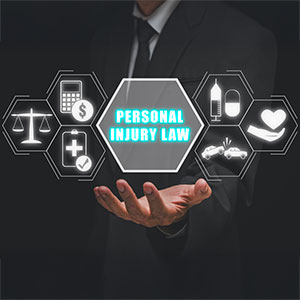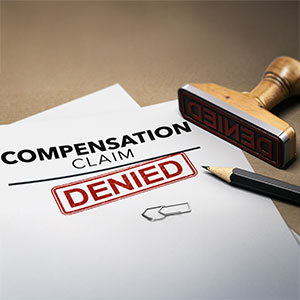Duty To Warn Of Shallow Pool Design
Personal InjuryIn the case of Aldo Gabriel Amenta Pozanco v. FJB 6501, Inc., Case Number 3D20-1734 (Fla. 3d DCA June 1, 2022), Florida’s First DCA reversed a summary judgment in favor of the defendant homeowner concluding that the owner had no duty to warn of a dangerous condition because the pool constituted an open and obvious danger.
Facts
This case sadly involves serious personal injuries to the plaintiff according to the opinion. As such, the plaintiff was a guest of a friend who was house-sitting. He was apparently drinking and was convinced by his friend to go swimming after being offered a swimsuit. Regardless of those facts, he was injured when he dove into what he thought was the deep end of the pool.
Rather than having a shallow end and a deep end, this pool was 3 feet deep at each end with 5 feet of depth in the middle (sometimes referred to as “volleyball” pool because both sides of a net would be the same). The pool had steps only on one side rather than both.
The lawsuit alleged that the homeowner was responsible for the injury for 1) creating an unreasonably dangerous condition with an “unconventional” design and 2) failing to warn of such condition. The lawsuit also alleged that the plaintiff was unable to properly gauge the depth of the pool due to poor lighting and a lack of warning signs.
Appeal and Analysis
Obviously the injury in this case occurred because the plaintiff did not appreciate the danger. The question is whether, as a matter of law, a court can say that a jury doesn’t get to decide this case because the facts and law are so clear that the homeowner has no liability.
While this case has some potential liability problems for the plaintiff (and favoring the defendant), the problem with a summary judgment on liability that the pool is an open and obvious hazard is a slippery slope for other cases. I would not have taken this case based on the facts as presented, but I do recognize there are facts (if different) that could significantly change the outcome of this case.
For instance, if the owner had been present and had seen people jumping in, perhaps a warning may have been appropriate that the entire pool is shallow. There are many potential different fact patterns that could create potential liability for a shallow pool. Most of these involve the presence of the owner and witnessing dangerous conduct. Under such circumstances, there is a moral duty and potential legal duty for the owner to act to prevent an injury. However, that moral and potential legal duty does not and cannot extend to all circumstances. For instance, if a guest just dove in head first without asking or there otherwise being a way for the owner to stop such a guest. Under those facts, it is hard to hold the owner responsible when they have done nothing wrong except being the owner of the pool in the first place.
The same thought process can be applied to whether the pool design itself is dangerous. While I wouldn’t consider a symmetrical depth pool to be unreasonably dangerous, there are potentially some designs that could be (however those would be fact specific). As a personal injury lawyer, I tend to think more of dangerous design or unreasonably dangerous conditions as something like having only a single suction drain so that if blocked will hold an object (or person) underwater. I generally do not consider shallow depth alone to be a dangerous condition but there is at least the potential for legal liability if the facts warrant.
Without repeating the various cases cited in the opinion, summary judgment requires that the moving party must show an absence of a genuine issue of material fact. Clearly, the problem with finding that a residential pool is an open and obvious hazard can preclude other fact patterns where there may in fact be much more in dispute from a factual perspective than in this one. If this case does not settle after the appeal, then it will be up to a jury to decide this case.
Talk To A Lakeland Personal Injury Lawyer
If you or someone you know has sustained a serious injury, you should talk to a personal injury lawyer to see if your case has legal merit. Some cases are more difficult to judge than others and sometimes attorneys have different opinions regarding whether liability exists. The decision to take on a case is ultimately one of investment in the case and risk on the outcome. Call Russo Law today for help with your Florida personal injury case today.


